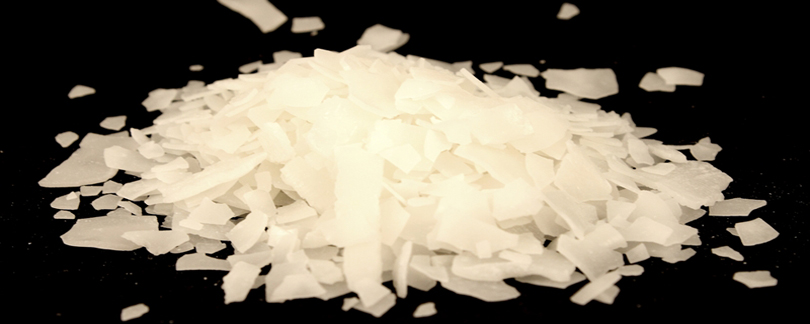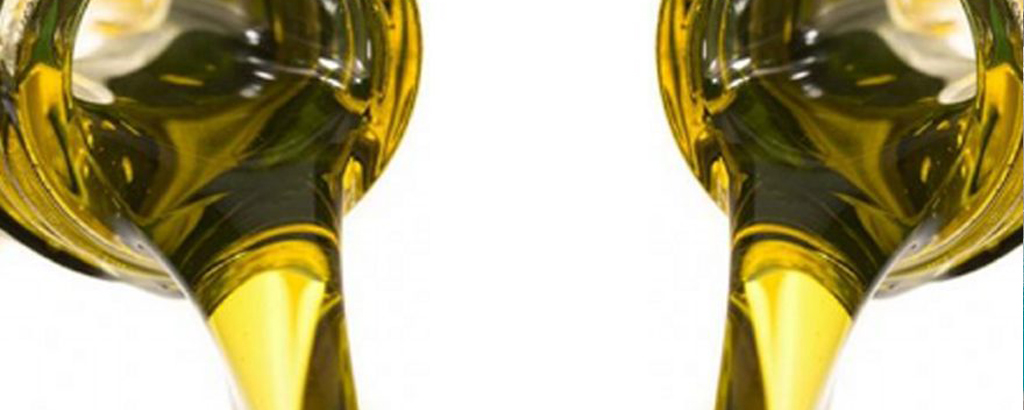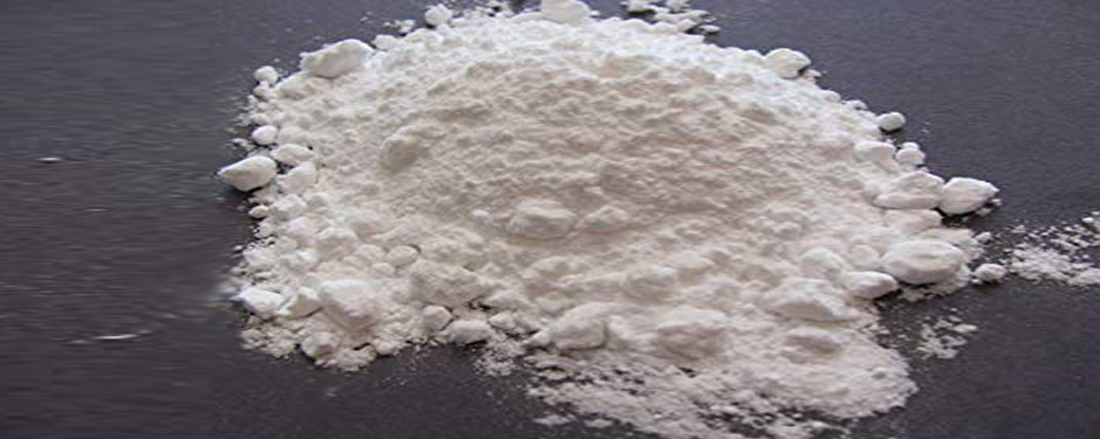Isobutanol is an organic compound with the formula (CH₃)₂CHCH₂OH. This colorless, flammable liquid with a characteristic smell is mainly used as a solvent either directly or as its esters. Its isomers, the other butanols, include n-butanol, 2-butanol, and tert-butanol, all of which are important industrially.
Isobutanol appears as a clear colorless liquid with a sweet odor. Flash point 85 - 100°F. Less dense than water. Vapors heavier than air.
Isobutanol is an alkyl alcohol that is propan-1-ol substituted by a methyl group at position 2. It has a role as a Saccharomyces cerevisiae metabolite. It is a primary alcohol and an alkyl alcohol. It derives from a hydride of an isobutane.
Isobutanol is worth more to refiners than ethanol because it has 26% more energy. Unlike ethanol that is 100% miscible with water, isobutanol has limited solubility, and among other advantages, it doesn’t cause stress cracking in pipelines. Also, its lower oxygen content enables greater amounts to be blended into gasoline. It overcomes the blend wall limitations of ethanol by producing a similar grade of gasoline at only 2.7% oxygen content for refiners. It qualifies as an Advanced Biofuel under the Reformulated Fuel Standard. It can be produced with genetically modified microorganisms by the ABE process.
Formula: C4H10O
Boiling point: 108 °C
Density: 802 kg/m³
Molar mass: 74.122 g/mol
Classification: Organic compound
- Flotation agents
-
Floor polishes
- Extractant in production of drugs and antibiotics, hormones, vitamins
-
Additive in gasoline
-
Anti-corrosion and anti-wear inhibitors in engine oils
- Agricultural chemicals intermediate
- Excellent Solvent for acid-curable lacquers and baking finishes derived from Urea, Melamine or Phenolic resins
- Reduces Viscosity and thus improves the brush ability and flow when added in small portions to Alkyl resin paints





